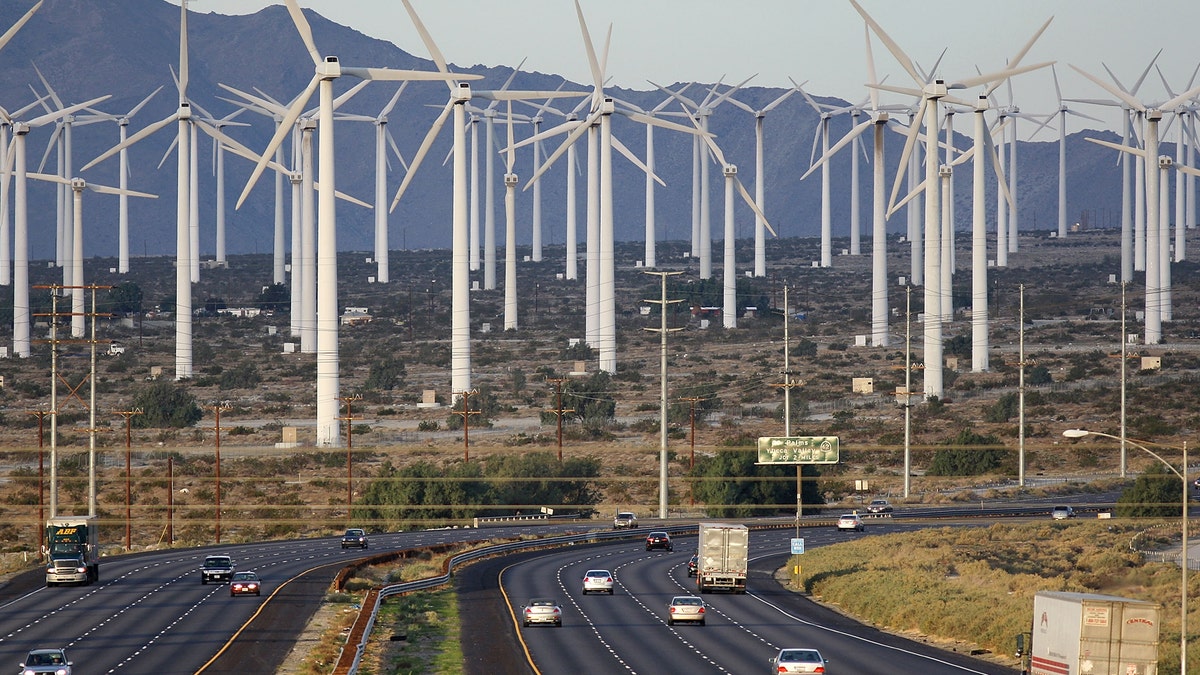
(Photo by David McNew/Getty Images) (2009 Getty Images)
Latinos are contributing to the country’s rapidly growing “green” economies, according to a report the National Council of La Raza.
These green economies, according to the United Nations Environment Program, are driven by growth in income and employment “by public and private investments that reduce carbon emissions and pollution, enhance energy and resource efficiency.”
The report by the NCLR focuses on five cities in particular that are seeing tremendous growth and prosperity in Latinos working “green-collar jobs.”
Shamar A. Bibbins, a senior political associate at Green for All, a leading advocate for clean-energy economies, said that there are 3.1 million workers in the country’s green economy.
“It was an encouraging sign during the recession when job growth of green jobs was double that of other industries,” said Bibbin.
The report by the NCLR focused on the connection between this emerging market and Latinos, the country’s fastest growing segment of American workers.
Statistics shows that the Latinos will make up 18 percent of the U.S. workforce by 2018 and 33 percent by 2050.
As the NCLR points out, “It is in the interest of the country to align the fastest growing workforce with the fastest growing industries.”
Susanna Sutherland, director of Sustainability in the city of Knoxville, Tenn., one of the five towns profiled because of its growing Latino population and green initiatives, talked about the city’s efforts to reach out to the Latinos looking to break into this industry.
“Knoxville has been taking a collaborative approach to reaching out to Latinos and green jobs in the community,” said Sutherland.
The hope is that as more communities embrace the idea of green economies, more information and opportunities will be available to Latinos.
Polling done last year in conjunction with the NCLR and the Sierra Club shows 87 percent of Latinos would prefer to work in a clean energy environment.
Green jobs tend to pay 13 percent more than other industries and, because they do not require higher degrees, are widely accessible to Latinos.
